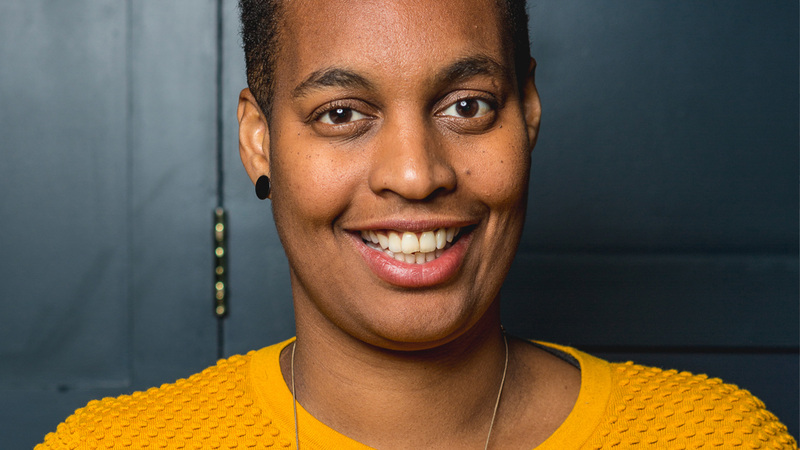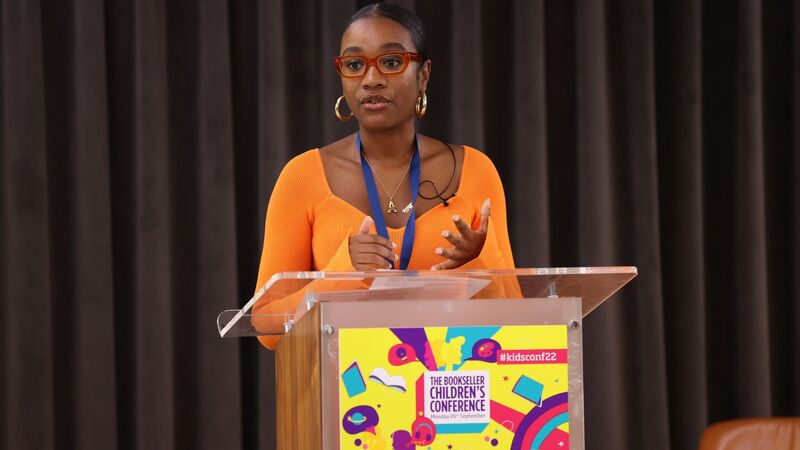You are viewing your 1 free article this month. Login to read more articles.
The value of our work
By putting profit before people, publishers are driving away talented workers, rejecting diversity and offering few opportunities to début authors.
A month or so ago, a publisher came into the office for a round robin. With my manager Caradoc [King] on holiday, I feared I might be a disappointment: the young assistant, rather than the illustrious industry name. Yet she beamed when she saw me, and after business was done, used the opportunity to query (hesitantly): “Why is it that people your age are leaving publishing?”
Right now, this is a hot topic. Just last month, literary agent Nelle Andrew wrote a comment piece for The Bookseller titled “What are we doing wrong?”. In it, she describes a 20-something idyll that seems straight out of a Dolly Alderton memoir: sneaking into champagne-stocked parties (including the subtle sharing of paracetamol the day after), the unrelenting support of “work wives”, and the joy of working through the ranks with your best friends. She is confused, therefore, about the fact that the younger generation is “quitting in droves”. And we are. But the mournful question “What are we doing wrong?” is tricky. It’s just not that simple. Everyone I know talks about the friendliness of the industry; the problem has never been about colleagues. The reality can be effectively summarised by Noam Chomsky: profit over people.
We are tired of hearing how ‘lucky’ we are to have a job we enjoy, as if job satisfaction magically pays the bills. Passion alone does not achieve life goals.
Everyone in publishing seems to accept the fact that creative industries equate to low salaries, but not enough of us question why this should have to be the case. Multiple publishers have recorded high or record results over recent months. But who is seeing the fruits of this labour?
A quick search in The Bookseller’s Jobs section brings up two adverts for editorial assistants: one offering an annual salary of £24,000 and another offering £23,000. This is the same salary as when I was looking two years ago and we are currently in the middle of the biggest energy crisis in my lifetime, with rents facing the largest annual rise in more than 20 years. At least half of this salary will likely be spent just on rent. Those in the lower echelons of publishing are often either relying on living at home, driving out all those who are not from London, or have parental support. Diversity is brought about not just through schemes, but by paying your staff properly. We are tired of hearing how “lucky” we are to have a job we enjoy, as if job satisfaction magically pays the bills. Passion alone does not achieve life goals. By the time you make editor, you may want to start a family. On less than £40,000 in London, this can be an impossibility. Childcare costs on average £735 a month, which leaves around £2,000 a month to spend on rent, bills, food, travel and any kind of luxury for both mother and child. A friend put it succinctly: “Given that all of us are feminists, it feels paradoxical that to do well in publishing, many of us need rich partners to have a family.”
The lost generation
Just as the next generation of editors is getting lost, so is the next generation of authors. We’re amid the trial between the US federal government and Penguin Random House, and Judge Pan has stated what agents and authors already know: “Competition raises advance levels, less competition lowers them.” In this instance, it really is that simple. In the UK, the merger has already been cleared. This feeds into the increased difficulty of ever finding the time to write, when your advance may be such that you can’t make writing your full-time role. As Virginia Woolf famously wrote: “A woman must have money and a room of her own if she is to write.” And so without offering a steady, sustainable income, how are we to encourage the best writing? And if we are not offering this, are we only going to publish the wealthy? Writing should never be a class problem and the price of it shouldn’t be undervalued.
The anxiety surrounding maximum profit is also reflected by what publishers are taking on. While they’ve always wanted “the best writing”, recently this seems to come with the implied caveat of “but is also a guaranteed sell”. Though no book is ever guaranteed to do well, there is security in an author with a pre-established fanbase, whether that be because they’re reputable or, as more often is the case, a celebrity. Time and time again, I’ve heard of great manuscripts that editors care about getting turned down at acquisition meetings because they can’t convince marketing and sales. It no longer appears to be the case that writing can be, more often than not, exclusively sold on merit. This makes début writing and authorship incredibly difficult for young authors, and similarly is very frustrating for editors.
At the heart of it, capitalism is to blame. It’s not enough to do well, we always have to do better. Profits, though booming, must exceed the year before. This ever-present anxiety hurts all those involved. Budgets are stretched—both for acquisitions and spend on employees. I, like many others, want to be like Nelle. I want to enjoy my 20s learning the ropes and then discover and nurture début talent. I hope to one day have a family and I want to be part of an industry that supports me, financially. Perhaps naïvely, I wish for people over (absolute maximum) profit.




















